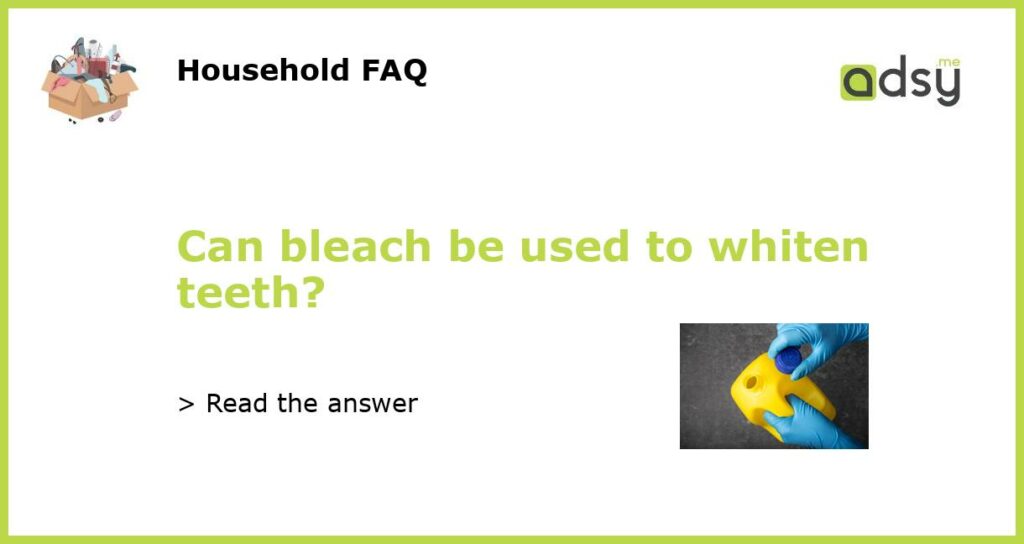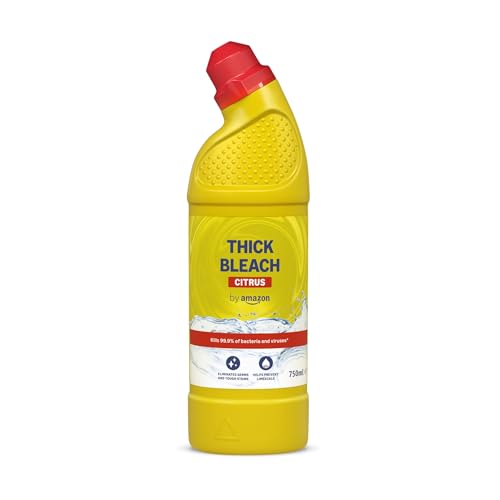Using Bleach to Whiten Teeth: Does It Work?
If you’re looking for a cheap and easy way to whiten your teeth, you may have heard that bleach is a good option. But does this method really work, and is it safe for your teeth? Let’s take a closer look.
The Science Behind It
Bleach contains a chemical called hydrogen peroxide, which has been shown to have whitening properties in both dental and cosmetic applications. When hydrogen peroxide contacts your teeth, it breaks down into oxygen and water, which helps lift away surface stains that are causing discoloration.
However, it’s important to note that while bleach can be effective at removing certain types of stains, it may not be effective for everyone. For example, if your teeth are discolored due to genetics or medication use, bleach may not have much of an impact.
The Risks
While bleach can be effective at whitening teeth, it’s also important to be aware of the potential risks. Bleach is a harsh chemical that can cause irritation and sensitivity in the gums and teeth, especially if used improperly.
In addition, using too much bleach or leaving it on your teeth for too long can cause damage to the enamel and make your teeth more susceptible to decay and sensitivity in the long run. It’s also important to avoid swallowing bleach, as it can be harmful to your health.
Alternatives to Bleach
If you’re looking for a safer and more effective way to whiten your teeth, there are plenty of alternatives to bleach on the market. Some of the most popular options include:
- Whitening toothpaste
- Whitening strips or trays
- In-office dental treatments
These options are generally safer and more effective than using bleach yourself at home, as they are formulated to be gentler on the teeth and gums while still providing impressive results.
The Bottom Line
While bleach can be an effective whitening agent for some people, it’s important to use it with caution and to be aware of the potential risks. If you’re interested in whitening your teeth, it’s always a good idea to consult with your dentist first and explore your options to find the safest and most effective solution for your needs.






